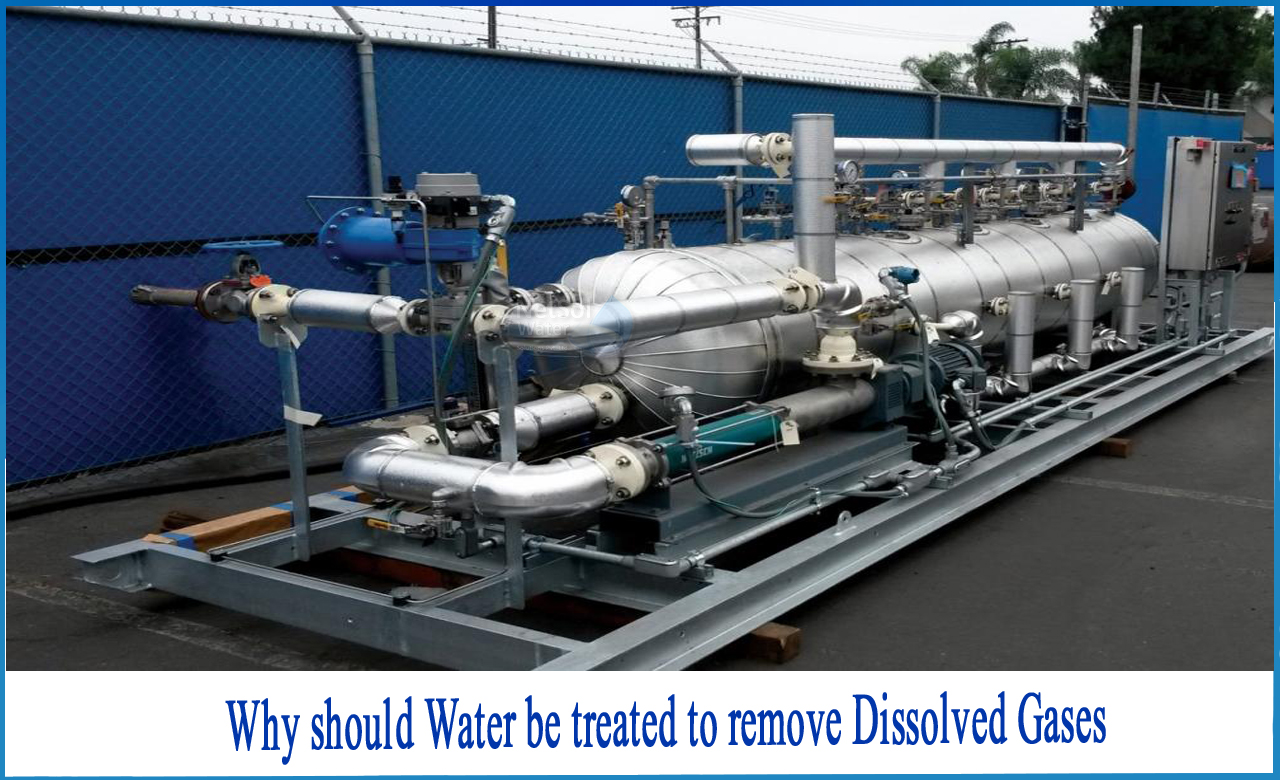What is demineralization?
Demineralization occurs when water is passed through both cation and anion exchange resins. The hydrogen cycle is used in this process for cation exchange. That is, all of the cations are replaced with hydrogen. The anion exchanger uses a hydroxide cycle to replace all of the anions with hydroxide. The process's final effluent comprises primarily of hydrogen ions and hydroxide ions, or pure water. Demineralization provides a high purity water that is generally similar to distilled Water, and the process is rapid and without scale formation because the bulk of water contaminants are dissolved salts. De-mineralization technology is a tried and tested method of water treatment.
Why should water be treated to remove dissolved gases?
Natural waterways come into touch with air to a greater or lesser extent. The majority of dissolved gases are absorbed from the air, with the exception of CO2, which can come through soil and rocks that come into contact with the water. Natural waters are treated to make them safe to consume before being used in municipal water systems. These procedures have little effect on the water's dissolved gas level, but they do increase their contact with ambient air and reduce the fluctuation caused by local sources.
1: Boiler system corrosion is caused by dissolved oxygen in water. Before putting water in the boiler, it should be removed. Deaeration eliminates oxygen from feed water by heating it with steam in a de-aerating heater. A portion of the steam is vented, carrying the majority of the dissolved oxygen with it.
2: Ion exchange systems are used to remove dissolved ions from water efficiently. Ion exchangers convert one ion to another, keep it for a short period of time, and then release it into a regenerant solution. Unwanted ions in the water supply are replaced with more acceptable ions in an ion exchange system. The chlorine used in the pretreatment process is a powerful oxidant. As a result, before the water in the cation exchange tower is treated for desalination, the excess residual chlorine must be eliminated.
3: Standard water filtration technologies have modest effects on dissolved oxygen, nitrogen, and inert gases. These gases will bypass reverse osmosis membranes, UV radiation, micro and ultra-filters, ion exchange resins, and electrodeionisation (EDI) units, using none of the purification media's capacity.
How can we help?
Professionals in the water quality business can provide more extensive assistance and specialized recommendations when it comes to selecting the proper water treatment for residential or industrial water producing sectors. Netsol Water products and solutions can provide the water your plant requires at every stage.
We have a reputation for being the top commercial RO plant manufacturer, industrial RO plant manufacturer, sewage treatment plant manufacturer, effluent treatment plant manufacturer, and much more. Aside from that, our USP is 24x7 customer assistance.
For further inquiry, or product-purchase-related questions, give us a call on +91-9650608473 or email at enquiry@netsolwater.com.



